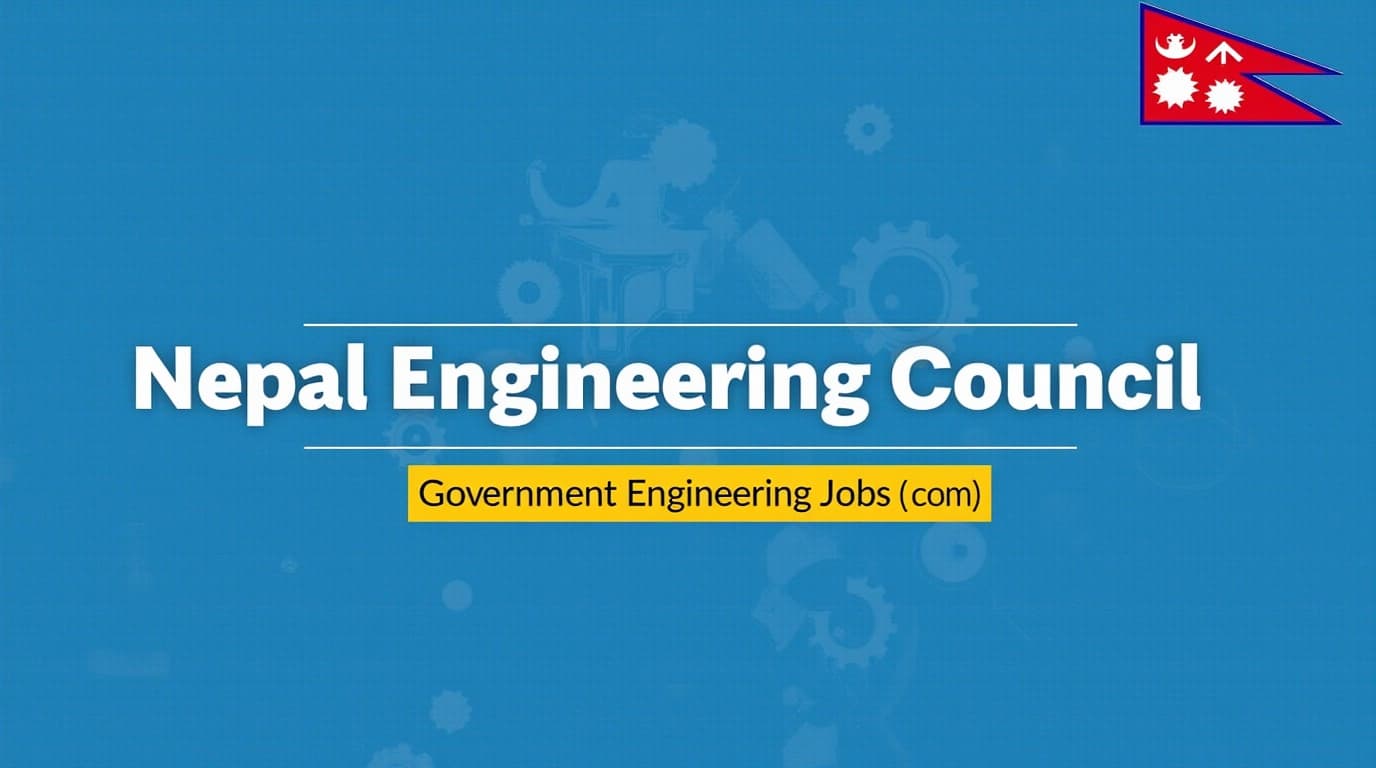Teacher Service Commission (TSC) of Nepal: Pillar for Quality Education and Teacher Recruitment:

The Teacher Service Commission (TSC) is institutionally called Shikshak Sewa Aayog in Nepal, and this body has been established constitutionally without any external body under the autonomous commission that plays a major role in appointing and regulating teachers for the public education system in Nepal. The institutionalization of the TSC was based on the promotion of fairness, competence, and transparency in appointments of teachers.
Originally formed under the Seventh Amendment of the Education Act 2028 BS, the TSC is the organization responsible for recommending candidates for permanent teaching jobs in community schools, issuing teaching licenses, promotions, and advising policies regarding teachers. As the education system underwent change in Nepal, there was the need for a professional and independent body, and TSC came into being to respond to the requirement of having a reliable teacher selection mechanism in place.

Historical Background of Teacher Recruitment in Nepal:
Teacher recruitment through the TSC was quite formalized in recent times, but education in Nepal has long stood the test of time. Systematic efforts towards inclusive education and made institutionalized occurred during democratic rule established in 2007 B.S. Before the establishment of the TSC, teacher appointments were undertaken within local and regional bodies such as District Education Committees, District Teacher Selection Committees, and Regional Teacher Selection Committees.
These committees had no standardization, and their evaluations were often skewed by favoritism and political pressure among inconsistent recruiting procedures. A lot of rumors arose regarding selection biases as well as procedural loopholes that eventually culminated in the restructuring of the teacher selection process and establishment of TSC as a central authority for ensuring professionalism in hiring.
Our Popular Article: How to prepare for loksewa using only a free resource ?
Roles and Responsibilities of the Teacher Service Commission:

The TSC is endowed with a wide and varied spectrum of duties that contribute directly to the quality of education in Nepal. Its primary responsibility is to conduct the competitive examination for final recommendation of candidates for permanent teaching positions at primary, lower secondary, and secondary levels of public schools. Besides recruitment, the commission also takes responsibility for issuing teaching licenses that become mandatory for anyone aspiring to be a teacher in Nepal.
Furthermore, the TSC handles teacher promotions, transfer, and sometimes disciplinary actions in collaboration with other government bodies. Another cardinal duty involves providing policy advice to the Government of Nepal specifically to the Ministry of Education concerning improvements in teacher qualifications, training needs, and also reforms within the education service. The commission is also charged with performing periodic evaluations and assessments of the quality of teaching across the country to contribute toward maintaining educational standards.
You may also like to read this:
– Roles and Responsibilities of Nayab Subba
TSC Examination and Licensing System:
The licensing and recruitment examination system is one of the most important specific roles of the Teacher Service Commission. For becoming eligible to be drawn against or occupy a permanent teaching seat, an individual has to get a teaching license first by passing the standardized written examination test. The content of the written examination usually includes knowledge of subject matter, pedagogy, classroom management, and a basic understanding of national education policies as well as child psychology.
After receiving licenses, candidates can then apply for vacancies in advertised teaching positions. The selection process will then consist of a further competitive written exam, interviews, and sometimes education demonstration if needed. This makes it a multi-phased approach through which successful candidates will not only hold qualifications for an academic career but also possess the practical skills and teaching temperament to succeed in the classroom.
Recruitment Process and Appointment of Teachers:

Recruitment and appointment of teachers through TSC are well established as well as merit-based. After receiving applications, the commission shortlists eligible candidates for the written examination, from which successful candidates are called for interviews assessing how well they can communicate and their teaching philosophy in relation to a given situation.
In some cases and particularly with the secondary level, a practical component is added, such as an assessment demonstration of classroom teaching ability. Based on the combined scores of all evaluation stages, a merit list will then be published, and appointments made accordingly. Such appointments are generally meant for public (community) schools so that they would be permanent, provided that the candidate has fulfilled all required criteria. This system, therefore, guarantees that teacher selection is competitive, transparent, and on merit which minimizes external interference.
Contribution of TSC to Education in Nepal:
The establishment of TSC and its continued functioning have brought revolutionary changes in Nepal’s education system. Bringing about a standardized process of selection has done a great deal toward lifting public schools’ quality of education. Meaningful learning experiences can be delivered by qualified and motivated teachers, and TSC ensures that such individuals are appointed based on their academic, pedagogical, and ethical qualifications.
In particular, the licensing system established set an entry-level baseline standard for teacher competency while regular evaluations and promotions help develop teachers in their professions. In addition, separating itself from political and administrative biases has restored public trust in the recruitment process of teachers. It will also contribute towards strengthening the goal of Nepal in terms of achieving educational equity and excellence in every aspect of school education.




